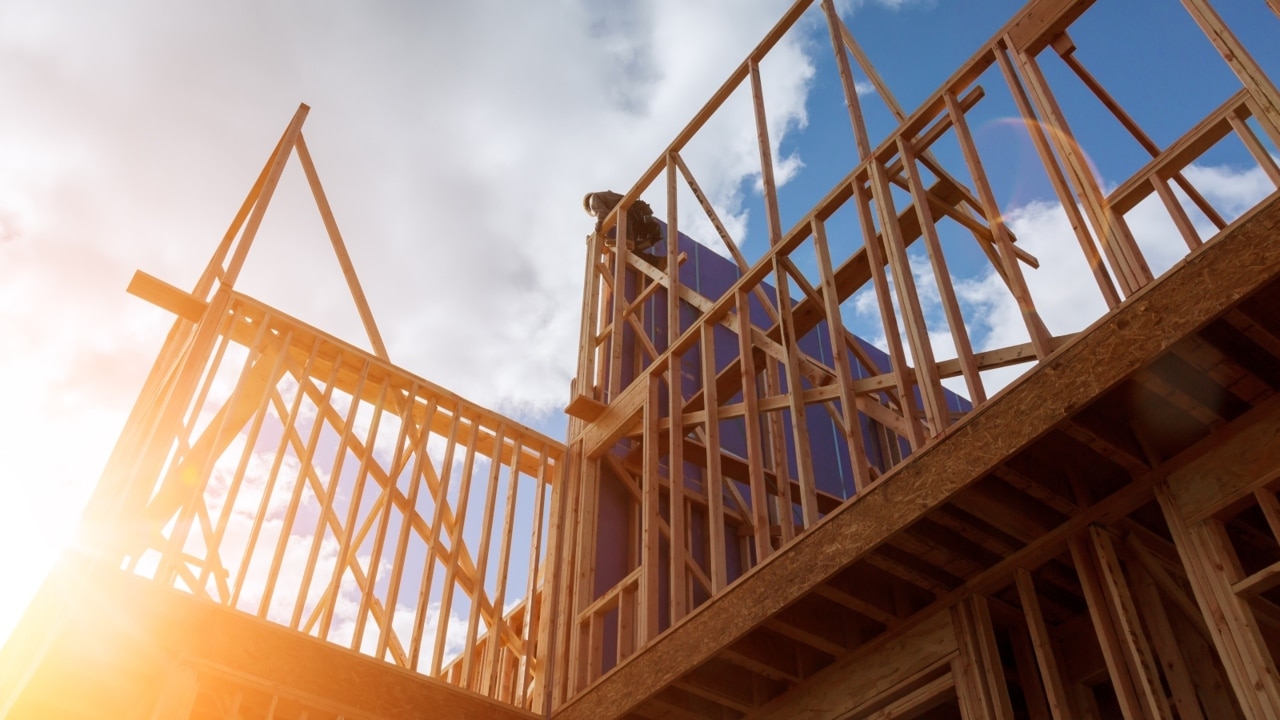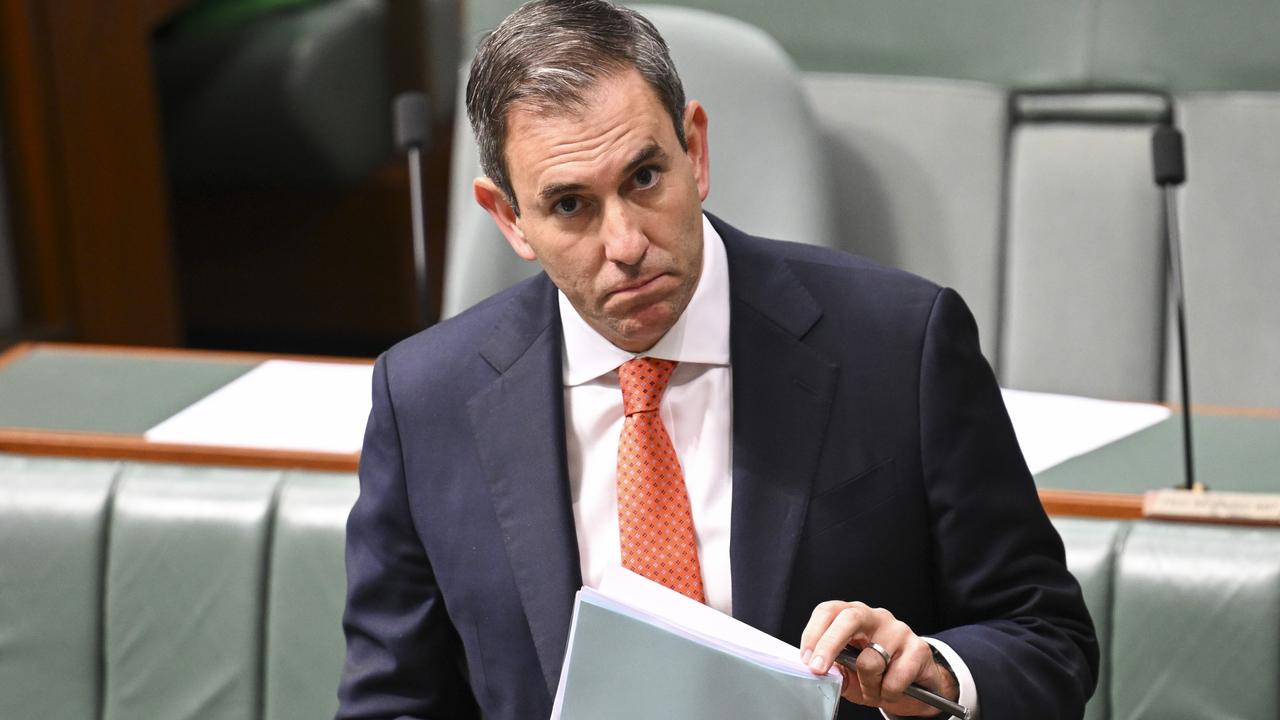‘Fuel slug on tradies to hit housing costs’, says Housing Industry Association
A peak housing body has warned the government’s new fuel efficiency standards will load more costs onto tradies and, in turn, have downstream impacts on the nation’s housing supply and affordability.

New fuel efficiency standards will lead to higher costs for tradies, with consequences for the nation’s housing supply and affordability, a leading housing body has warned.
The Housing Industry Association said it was concerned the new emissions standards would increase the price of utes, 4WDs and other light commercial vehicles, which would increase the cost pressures already facing the sector and ultimately risk the government’s target of building 1.2 million homes over five years.
“Industry experts claim to have modelling that shows the new laws will add significant upfront costs and are likely to result in car manufacturers needing to scale back the key types of vehicles that our industry relies on to run and operate their businesses. At the moment there is no viable alternative to replace these vehicles,” HIA industry and policy chief executive Simon Croft said.
“Over the past three years, the building industry has faced significant construction price increases … as well as a range of changes to building, work health and safety, taxation and business compliance costs.
“Any further added costs, complexities or regulatory impediments … at this time will only make their jobs harder and have downstream impacts on housing supply and affordability.”
The Federal Chamber of Automotive Industries this week released modelling of Labor’s policy, which showed Australians could pay up to $25,000 more for popular utes and SUVs.

Mr Croft said the building industry wasn’t “directly consulted” on the new emission standards, despite their potential direct impacts on the sector.
“We would encourage the federal government to engage with our industry on the timing and introduction of the proposed new laws,” he said. “If the government wants to build 1.2 million houses in five years it needs to consider the needs of the workers responsible for reaching that target.”
The average time to build a home is currently 13 months, according to Master Builders Australia, while building costs have soared by up to $60,000 per home.
Climate Change and Energy Minister Chris Bowen hosed down criticisms of the policy and said neither tradies nor any other Australian would be paying more for a vehicle under Labor’s plan.
The Coalition continued its attack on Labor’s plan this week, arguing the policy was reckless during a cost-of-living crisis. “If you’re a tradie and you’re buying vehicles such as a BT-50 or a D-Max or a HiLux or a Ranger, the Albanese government’s family car tax is going to drive up the cost of purchasing that vehicle,” opposition infrastructure spokeswoman Bridget McKenzie said.







